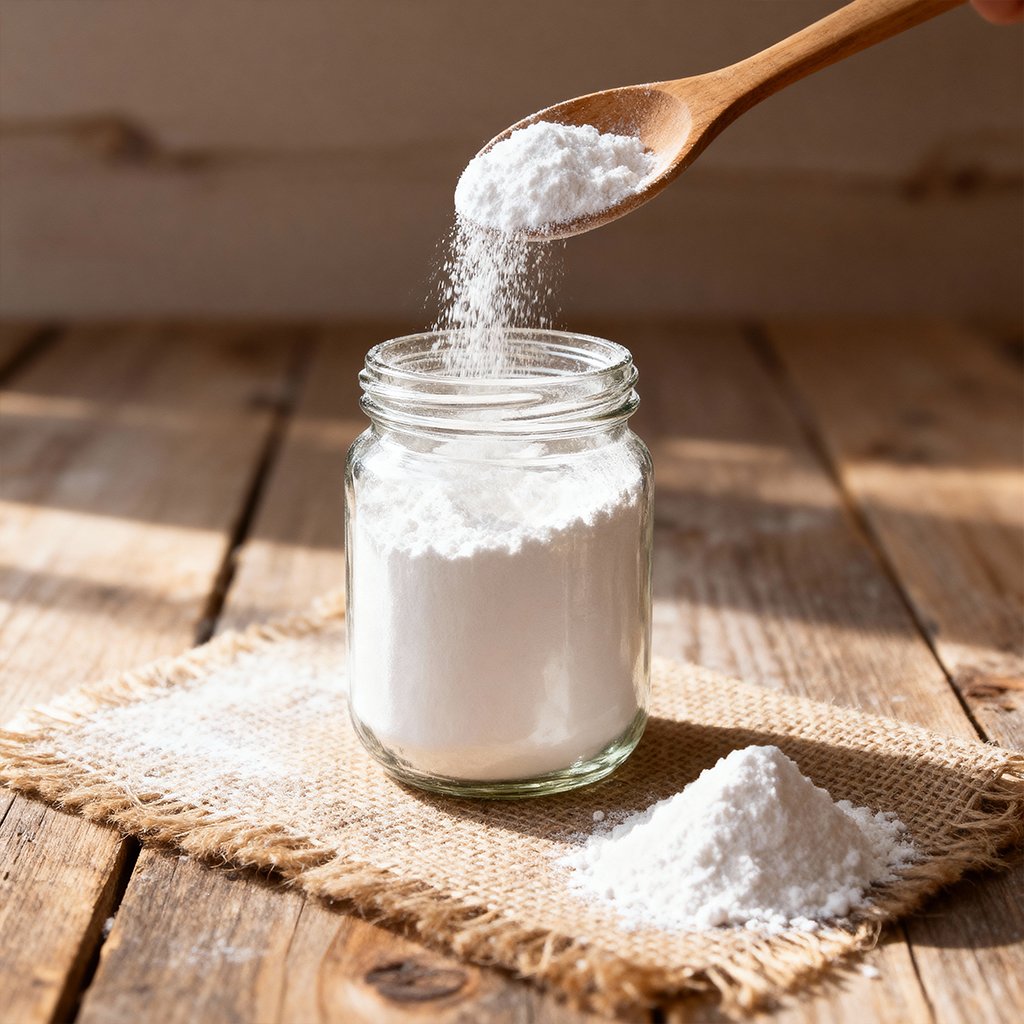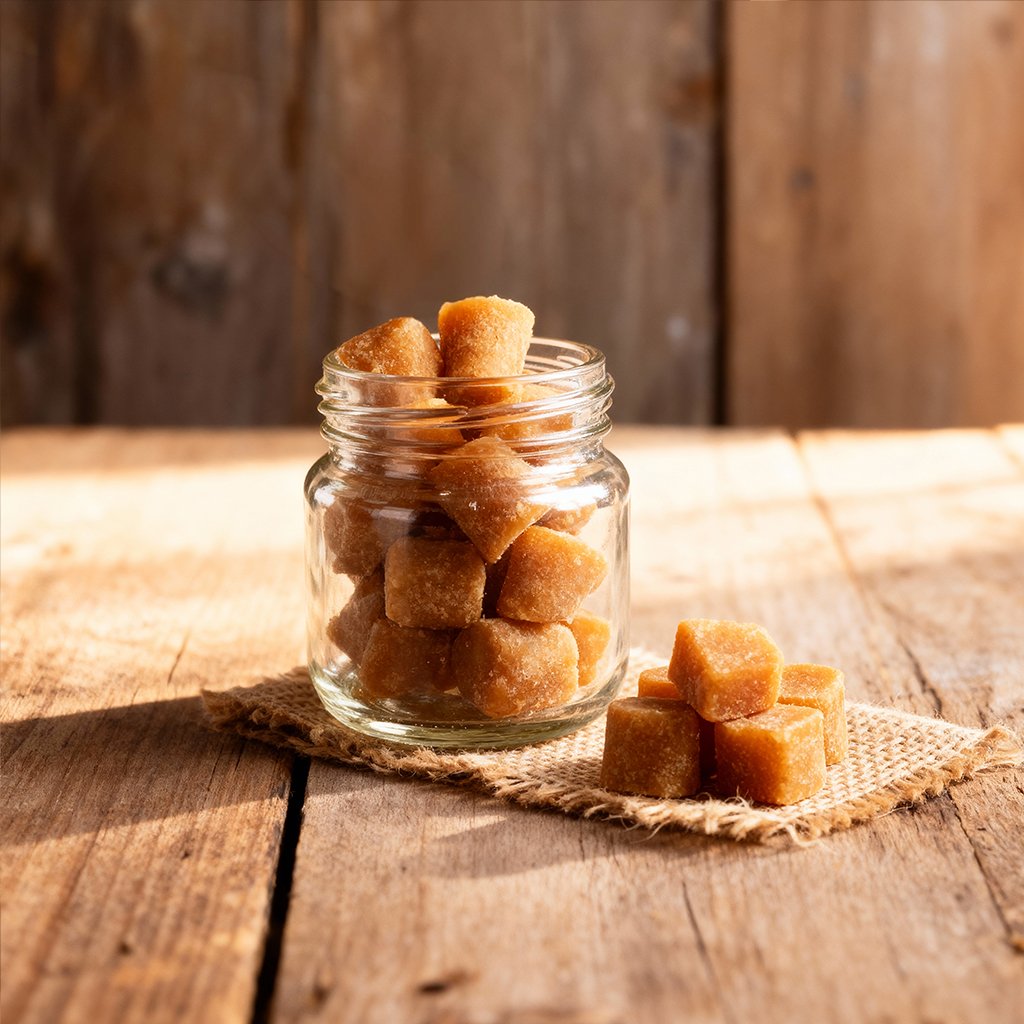Sweetening Agents
Sweetening agents are essential ingredients in both traditional and modern cooking. They not only add sweetness but also enhance flavor, texture, and appearance in a wide range of foods and beverages. These natural and refined substances supply energy and perform important functional roles in food preparation—such as improving moisture retention, promoting caramelization, and extending shelf life. Natural sweeteners like honey, sugar, powdered sugar, and jaggery are particularly valued for their distinct flavors and nutritional qualities. From home kitchens to large-scale food manufacturing, sweetening agents are indispensable for crafting delicious, well-balanced culinary creations.
View Our Sweeting Agents
Honey
Honey is a natural sweetener produced by bees from flower nectar through an enzymatic process. Composed mainly of fructose and glucose, honey is sweeter than table sugar yet has a moderate glycemic index (50–60), helping maintain steadier blood sugar levels. It is rich in nutrients—vitamins B6 and C, minerals such as calcium, iron, magnesium, and potassium, and potent antioxidants. Beyond its sweetness, honey’s antibacterial and anti-inflammatory properties support wound healing, immunity, respiratory relief, and digestion. Highly versatile, honey elevates a variety of recipes, from beverages and marinades to desserts, sauces, and baked goods.

Sugar
Sugar, or sucrose, remains the most widely used sweetener worldwide, commonly extracted from sugarcane or sugar beets. White granulated sugar is prized for its clean, neutral flavor and consistent crystal size, which dissolve easily in liquids and batters. With a glycemic index of 60–65, sugar provides quick energy but lacks the nutrients found in unrefined alternatives. In baking, it plays multiple roles—promoting browning, adding structure, retaining moisture, and improving shelf stability. Despite growing awareness of excessive sugar consumption, it continues to be a cornerstone of home and industrial food production due to its affordability, reliability, and universal appeal.

Powdered Sugar
Powdered sugar—also called confectioners’ or icing sugar—is finely milled granulated sugar blended with a small amount of cornstarch (2–5%) to prevent clumping. Its ultra-fine texture allows it to dissolve instantly, making it ideal for frostings, glazes, icings, and dusting desserts for a polished finish. It contributes to silky textures in pastries and adds body to fillings, creams, and sauces. In commercial food production, powdered sugar enhances consistency, improves product stability, and prolongs freshness. Its smoothness and versatility make it a must-have for achieving professional-quality confections and baked goods.

Jaggery (Gur)
Jaggery—known as Gur in India—is a traditional, unrefined sweetener produced by boiling and concentrating sugarcane juice or palm sap. Retaining its natural molasses, jaggery boasts a deep golden-brown hue and rich, caramel-like flavor. Unlike refined sugar, it preserves essential nutrients such as iron, calcium, magnesium, potassium, and vitamins A, C, E, and B-complex. Revered for its health benefits, jaggery supports blood purification, aids digestion, boosts immunity, detoxifies the liver, and helps prevent anemia. Widely used across Indian and Southeast Asian cuisines, it enhances sweets, beverages, and baked items with its earthy sweetness and nutritional edge.


